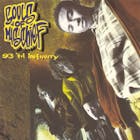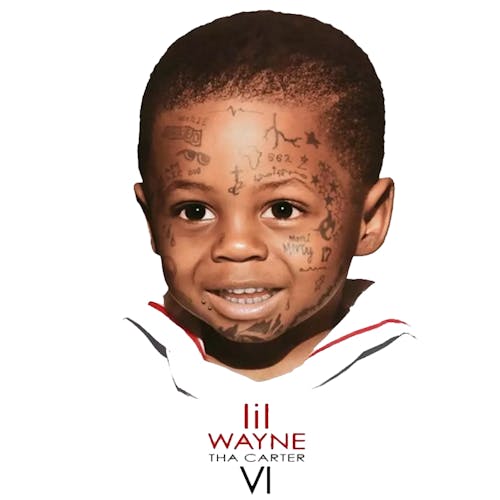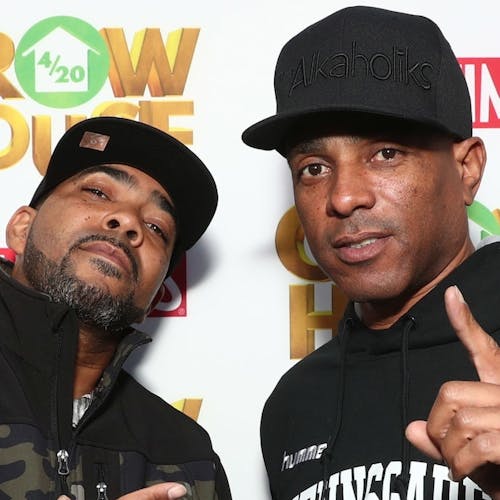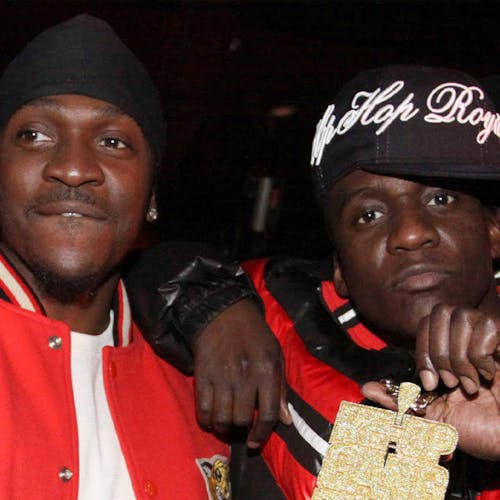
A Look Back At Souls of Mischief's Forever Classic '93 ’Til Infinity'
A Look Back At Souls of Mischief's Forever Classic '93 ’Til Infinity'
By Kyle Eustice
Published Mon, September 25, 2023 at 9:00 AM EDT
A-Plus was a junior at Castlemont High School in Oakland when the first iteration of the classic Souls of Mischief single “93 Til Infinity” was conceived. Originally titled “91 Til Infinity,” the track was initially given to fellow Hieroglyphics member Pep Love, but upon hearing it, the other MCs in Souls of Mischief—Tajai, Phesto and Opio—called dibs. After all, they were in the midst of recording their debut album and in peak creative mode, having just signed a record deal with Jive Records. As time passed, the song was eventually retitled to “93 Til Infinity” due to the album arriving in 1993.
“I was in class when I thought of it,” A-Plus recounts to Rock the Bells. “It was ’91 Til Infinity’ at the time. I had a beat that I had made with a Crusaders sample—a slower, jazzy, emotive piano sample. I wrote my rap in class and said it to my friends after school. It was about friendship. I actually shed a tear while saying it [laughs]. The song never got done, but I rehashed the idea during the 93 Til recording sessions.”
While the title track may have taken years to finish, the entire 93 Til Infinity album was recorded in nine days (although most of it was written in Opio and Casual’s respective basements). Hunkered down at Hyde Studio in San Francisco, the four pillars of the group laid down what would become one of underground Hip-Hop’s most revered albums. On September 28, 93 Til Infinity turns 30 and, much like Souls of Mischief members themselves, continues to age gracefully.
“Everything was exciting,” Tajai says of that time. “We were barely 18 years old and given the opportunity to express ourselves in a creative way. We got to explore the world and rub elbows with our childhood heroes. We also were able to learn about ourselves—our abilities, our shortcomings, our dreams—and then have the platform to make changes in those areas. It was truly a great time.”
The early ‘90s saw skateboarding, punk rock and Hip-Hop all intersect—especially on the West Coast—and Souls of Mischief was embraced by the skaters, punks and other underdogs who whole-heartedly represented counter culture. Souls’ music inevitably became an amalgamation of their influences, which included anything in the jazz-funk fusion and lyrical excellence realms: Juice Crew, Native Tongues, EPMD, Boogie Down Productions, Flavor Unit, Main Source, X Clan, LL COOL J and Public Enemy. As Tajai explains, making 93 Til Infinity was (mostly) a seamless undertaking.

“I really think seeing generations of fans in the crowd is the best feeling because it really brings the ‘infinity’ concept into the most literal realm of human understanding, in that we see that this song will continue to bring people joy long after we are gone from this planet."
- Tajai
“I think the challenge was more sample clearance than anything,” he says. “The process was smooth because you have your whole life to prepare for that first album. The second album is really the hard one.” He adds, “We were probably a bit overconfident in the songs, but we were inexperienced in industry politics.”
Despite Souls’ inexperience, the album was a commercial success; it charted at No. 85 on the Billboard 200 and No. 17 on the Top R&B/Hip-Hop chart, while “93 Til Infinity” peaked at No. 72 on the Hot 100 and No. 11 on Hot Rap Singles, their highest-charting single to date. Even so, many critics considered “93 Til Infinity” to be “slept on.”
“I believe they mean its sales do not match its influence,” Tajai says. “We have to remember at that time Hip-Hop was just beginning to chart big, and that was only a few artists. I think that as an evergreen. The track is definitely no longer ‘slept on’ and is enjoyed by folks all over the world without being played out.”
DROP YOUR EMAIL
TO STAY IN THE KNOW
And that’s something evident anytime they step onstage. Since February, Souls of Mischief has been on a massive global trek and, as of September, performed more than 100 shows all over the world in celebration of 93’ Til Infinity’s anniversary. With the exception of a custom tour jacket being stolen in London, they’ve escaped relatively unscathed.
“I feel relieved to have been able to experience a run like this with minimal sickness, no injuries and very little drama,” Tajai notes. “It’s a blessing to be able to have this type of impact after three decades. To see both those who’ve been listening to our work for all that time and people who weren’t even alive when the album dropped enjoy our performances equally is an awesome feeling, both of nostalgia and hope for the future. To experience this with your best friends on earth is a feeling unlike any other.”
On September 17, Souls of Mischief performed at the historic Red Rocks Amphitheater in Morrison, Colorado alongside Atmosphere, Danny Brown, Large Professor, Mr. Dibbs and Living Legends’ The Grouch and Eligh. Armed with the swagger of the seasoned vets they are, Tajai, Phesto, Opio and A-Plus sailed through their set, which included ’93 Til Infinity tracks like “Make Your Mind Up” and, of course, the titular track. The sold-out crowd came in all colors, genders and ages, a testament to their longevity and mass appeal.
“I really think seeing generations of fans in the crowd is the best feeling because it really brings the ‘infinity’ concept into the most literal realm of human understanding, in that we see that this song will continue to bring people joy long after we are gone from this planet,” Tajai says. “Also, for the crowd to see us in our best form—as our skills and performance ability has only increased over the year—is exhilarating for both us and the crowd.”
Souls of Mischief released five additional studio albums following their seismic debut, including 1995’s No Man’s Land and 2014’s There Is Only Now. But it was truly 93 Til’ Infinity that defined not just an era but also Souls of Mischief’s entire career.
“I owe so much to ’93 Til Infinity,’ it’s hard to really enumerate the changes,” Tajai admits. “It paid for my college tuition. It’s paying for my kids' college tuition now. So just that—the creation of generational wealth and access through education is such a huge thing. At this point, we’ve been famous longer than unknown, so the song has affected every aspect of our adult lives.
“But I’m proud that we made a classic album—not just a hit single—and that the album has frozen time and space in their most genuine forms so that people can be transported to that era every time they listen to it, even if they did not live through that era.”
Souls of Mischief’s success transcends music; anyone seen rocking the famous Hieroglyphics logo is automatically a friend who belongs to the same secret club. When it was created, there was no telling it would become such a unifying insignia of solidarity—but it did. Tajai concludes, “I can only hope that it’s regarded as a symbol of quality and that the immediate feeling when you see the logo is that there are some good times and good music attached to it.”




